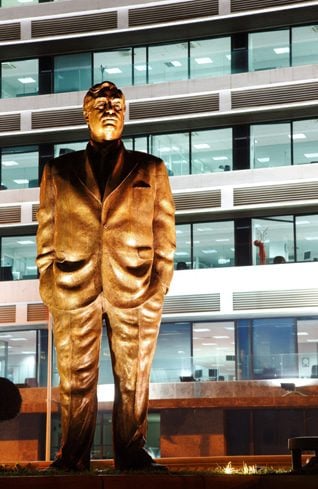Introduction

In September 2004, the UN Security Council, on the initiative of French President Jacques Chirac, passed Resolution 1559, urging all remaining foreign forces to withdraw from Lebanon, and demanding the disbanding and disarmament of all Lebanese and non-Lebanese militias. By foreign forces, the Security Council meant Syrian troops, and by armed militias, they meant Hezbollah.
A few months later, on 14 February 2005, a large explosion in downtown Beirut killed the former Lebanese Prime Minister, Rafic Hariri – a close friend of Chirac – and 22 others. The blast was so powerful that it left a crater in the pavement which was at least 10 metres wide and two metres deep. The assassination was strongly condemned by national and international parties.
In the wake of the killing, thousands of Hariri supporters held rallies in Beirut, pointing the finger of blame at Syria, demanding the withdrawal of all remaining forces and intelligence services in Lebanon.

